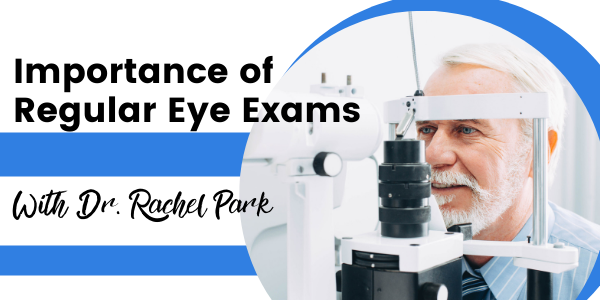
The Importance of Early Intervention
We hear from new patients regularly that they wish they knew or understood how we could help them earlier. After years of struggling with permanent vision loss and being told there is nothing else that can be done some patients are referred to low vision rehabilitation. Many patients come to us after having quit their jobs, stopped driving and unable to read and unsure how they will move forward independently. They have tried glasses and over-the-counter magnification only to be unsuccessful on their own.
Medical management of your vision is a critical component of coping vision loss but establishing and maintaining a relationship with the rehabilitation team is equally important. Compared to the normally sighted population, ones with vision loss have a much higher prevalence of underemployment or unemployment, isolation, and depression. There is lack of guidance when it comes to coping and living with permanent vision loss. The Spectrios Team, or any low vision rehabilitation team, can help provide a path forward to maintaining independence and coping.
For those who are diagnosed with an eye disease without a cure, Spectrios firmly believes that early intervention of comprehensive low vision rehabilitation is crucial even when their vision is “not so bad”. From a rehabilitation perspective, it is easier on both the patient and clinician since it takes time to practice using recommended tools and strategies. Patients can start to build an individual “toolbox” of prescriptive low vision devices, strategies/training provided by occupational therapy, and access technology devices. These can be used to regain or maintain as much independence as possible and improve one’s quality of life. Early intervention also minimizes the number of changes that the patient has to make at one time.
At Spectrios we use the triad of “head, heart and eyes” model to help patients understand their diagnosis and how it would impact one’s function, cope with the grieving process of accepting permanent vision loss and create a comprehensive plan to address one’s visual goals. In addition, counseling and support groups are available to connect individuals that are going through similar struggles, creating a sense of community. Those who start intervention earlier are more likely to accept new tools and strategies and create new goals on each subsequent visit. Most importantly, patients can have hope and strive for improvement with each visit.
Been a while since you have been in? Give us a call at 630-690-7115 to schedule an appointment!